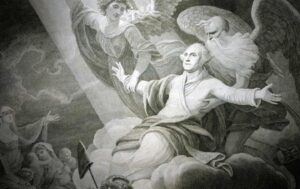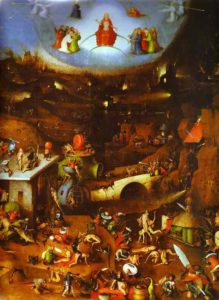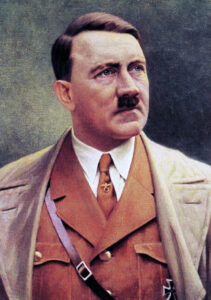by Benjamin
 Personally, though I once had, I have no hope that any of the Christian conservatives could ever be deprogrammed. Reading the way they talk, that Jesus fanaticism, the sheer pig-headed resolute doubling down of it… they’re gone; sealed.
Personally, though I once had, I have no hope that any of the Christian conservatives could ever be deprogrammed. Reading the way they talk, that Jesus fanaticism, the sheer pig-headed resolute doubling down of it… they’re gone; sealed.
What is the dissident right/WN [white nationalist—Ed.]/conservatives doing online these days? Are they consoling each other, or going to convert/reprimand their ‘leftists’, or trying to recruit normies? They are normies, really, but normies paradoxically aren’t them, if that makes any sense. All I can think to do is hope that there are people out there who just find your site, as I did, as really, I don’t think any amount of well-crafted good words can convert anyone to it. As you said before regarding the worldview, they are born National Socialists (or at least proto-NS and can hone themselves) or they are not.
When the world breaks down in collapse, these groups are enemies, just as much as anyone else. My gut instinct even tells me it’d be easier to reach out to progressives than conservative or WN Christians. The progressives at least have some mad passion, some genuine belief in something (and are incredibly naive as opposed to affectedly world-wise like [a popular WN Xtian–Ed.] et al). The Christians are merely cynical know-it-alls pretending to be enlightened. They’re craven and obedient to authority.
If these Christians and WN could be publicly embarrassed more (particularly the type of those who try to have their cake and eat it with both Hitler and Capitalist Christianity), perhaps it would draw leftists away to gloat over this, and poke them in public, and humiliate the former unbearably. WN are, to me, indubitably, the most dangerous to our success of all white factions.
It would be hard to let leftists have access to these materials but they’re binary and can be flipped. Normies otherwise, I feel instinctively, in this country at least, are only conservative to the degree that renders them all somewhat nationalist, in the BNP sense; the football hooligan sense; and then, inevitably the Patriotic Alternative sense. They can do no more. As I say though, I’ll just see who comes out of the woodwork. I thought of that civil war film you showed the other day.
I’m not sure if they’d realise it, but I wish it was them in those pits. More than leftist progressives. Keep the normies as normies; they are not good enough to be ‘radicalised’, even in juvenile capacity to the level of the showboating cynics. Two different development trees then, and one demographic who will never be developed, or put to sense, and must just be removed, somehow. All these Christians are as Muslims to me.
P.S. I meant that WN are the most dangerous in that they tie up leftists (and render them angrier and more hurt) and encourage normies to promote themselves (where the latter can drift into the conservative camp also). Obviously the most empirically threatening are the conservative Christians (and the huge herd of normies from the normie -> WN/conservative Christian pipeline, with the WN acting at both promoters and gatekeepers, keeping their new recruits firmly away from proper NS ideas). Inadvertently, they function like hostile counter-countersubversives.
Unknowns, and the odd leftist growing up and changing his mind are the only option I can see then, in terms of numbers gathering. I don’t actually know how many genuine National Socialists there are.
My impassioned ‘Marxist’ friend says that since talking to me, and thinking about it a bit, he’s “no longer so far left”. We talk amicably now and again. I know he reads my articles. He seems like he understands a revolutionary mindset easier.




